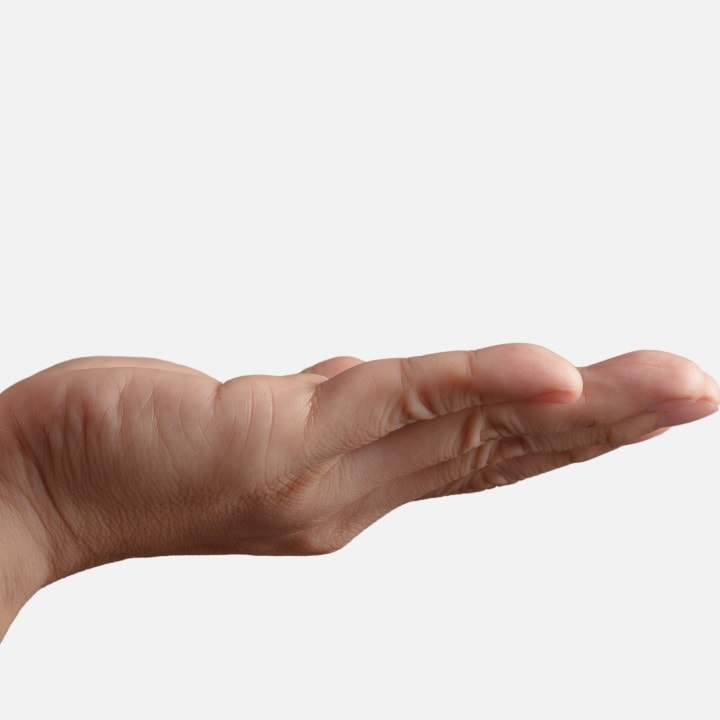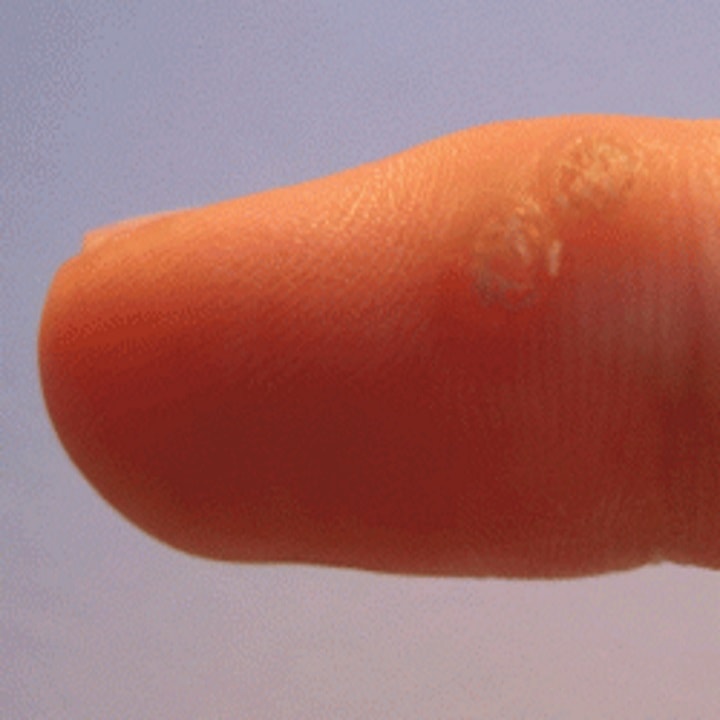Psoriasis

About Psoriasis
Psoriasis is a skin condition that causes dry, red, patches of skin with silvery scaling. The most common type of psoriasis is plaque psoriasis. These patches usually appear on your elbows, knees and lower back. Psoriasis can begin at any age. It can come and go unpredictably. Psoriasis can range from mild occasional symptoms to much more severe and difficult to treat symptoms.
Symptoms of Psoriasis
Plaque psoriasis causes red, itchy , flaky skin with a silvery scale. This most frequently occurs to the knees, elbows, scalp and back.
Guttate psoriasis causes small tear drop sized areas of red, inflamed, crusted skin with silvery scale. This may occur after a throat infection. This type is usually self limiting and lasts for a few weeks to months.
Nail psoriasis. Psoriasis commonly affects the nails. It can cause pitting of the nails and separation from the nail bed. Nails may be quite brittle and weak.
Inverse (flexural) psoriasis. This occurs in the folds of you skin e.g. groin, armpits, under breasts. It causes red shiny skin.
Pustular psoriasis. This is a rarer type of psoriasis that causes pus filled spots to occur. It may be generalised or it may occur just to the palms of the hands and soles of the feet(palmoplantar pustular psoriasis).
Erythrodermic psoriasis. This is a rare serious type of psoriasis. It affects almost the entire skin surface. This type requires admission to hospital as skin no longer functions as an effective barrier which cause cause you to lose fluids and make you vulnerable to infection.
Psoriasis can also affect the joints. About 15% of people with chronic plaque psoriasis will develop psoriatic arthritis. If you have psoriasis and you develop any joint symptoms , you should see your doctor,
Psoriasis is thought to be to do with a problem with the immune system. The exact cause is not known but it is thought that a combination of genetic and environmental factors play a role. You are much more likely to develop psoriasis if other members of your family have it.
In psoriasis there is a increased turnover of skin cells. This causes a build of less mature skin cells on the surface of the skin that causes the characteristic red, crusty, flaky patches.
There are certain things that are known to trigger psoriasis. These include stress, smoking, alcohol, a streptococcal throat infection(guttate psoriasis), an injury to the skin and medications(e.g. lithium , ACE inhibitors, beta blockers)
Topical-There are different creams and ointments that can be used to treat psoriasis. These include emollients, steroid creams, vitamin D analogues, coal tar preparations and salicylic acid. Your doctor may recommend one or a combination or different treatments in order to keep your symptoms at bay.
Phototherapy. If your psoriasis is not adequately treated with topical treatments, a dermatologists may advise a type of light treatment.
Oral treatments. These include treatments such a cyclosporin, methotrexate, etanercept and infliximab. These are reserved for severe cases that are not responsive to other treatments. These would be prescribed by a dermatologist who would discuss the potential risks and side effects of the drugs with you.

Start feeling better now
Our doctors are available now to help you with psoriasis or any other medical condition which you would normally see your GP about. Book an appointment now and start feeling better right away.

















